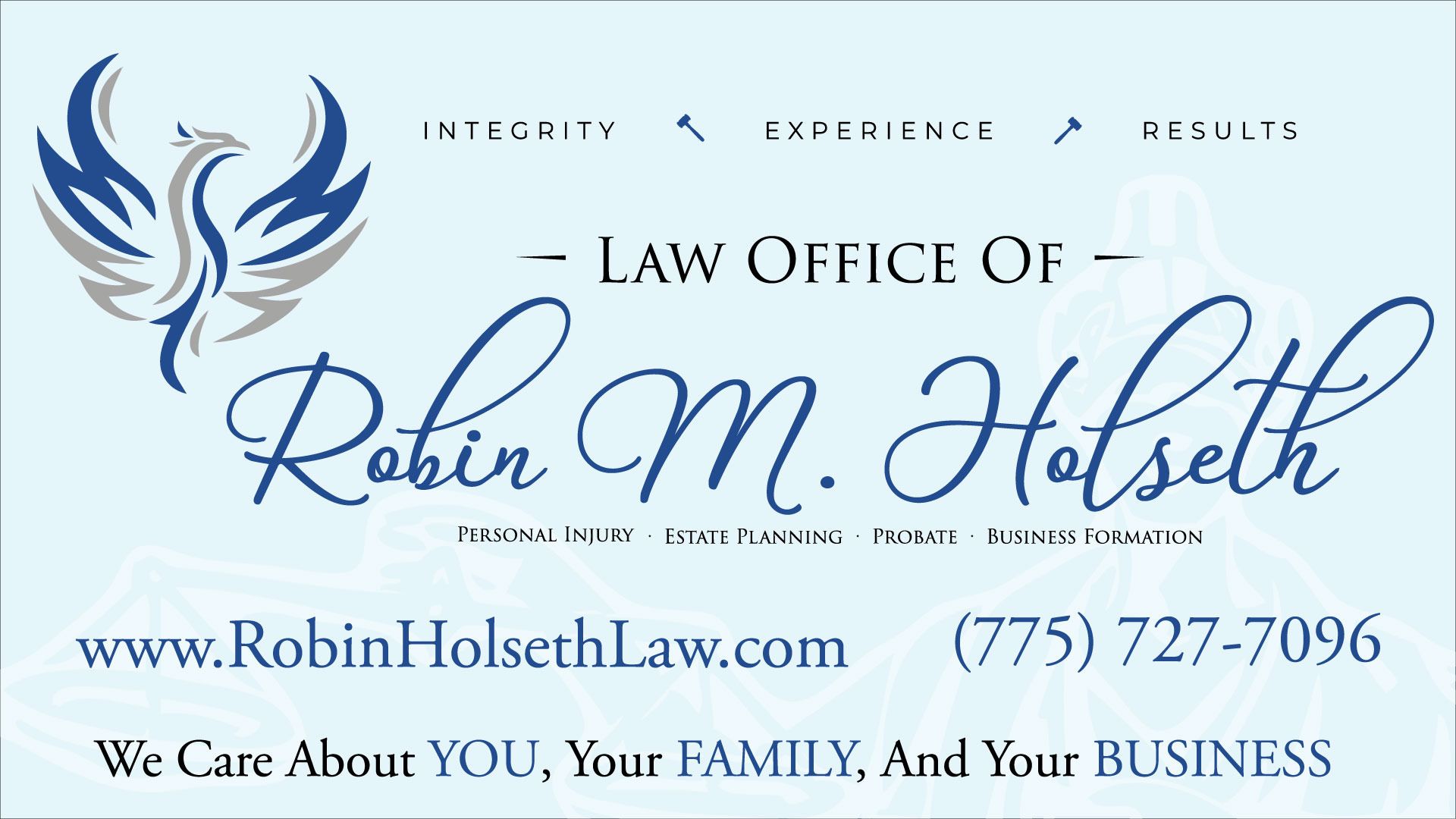
Why Seeking Medical Attention Immediately After a Car Accident or Slip and Fall is Crucial
Accidents happen unexpectedly and can leave you feeling shaken and overwhelmed. Whether it's a car accident on a busy highway or a slip and fall at your favorite store, the aftermath can be both physically and emotionally challenging. One of the most crucial steps you should take after such incidents is seeking medical attention promptly, even if you don't believe you have sustained serious injuries.
1. Immediate Diagnosis and Treatment
The first and foremost reason to seek medical attention is to ensure that any injuries are promptly diagnosed and treated. Many injuries, such as concussions, internal bleeding, or soft tissue damage, might not be immediately apparent. A healthcare professional can identify these issues early, preventing further complications and promoting faster recovery.
2. Documentation of Injuries
Having a medical record of your injuries is vital for any potential personal injury claim. This documentation serves as concrete evidence that correlates your injuries to the accident, making it harder for insurance companies or opposing parties to dispute your claims. Consistent medical records establish a timeline and provide credibility to your case.
3. Legal Considerations
In personal injury cases, the timing of medical treatment can significantly impact the outcome of your claim. Insurance companies often argue that delays in seeking treatment suggest that the injuries are not serious or are unrelated to the accident. Prompt medical care creates a direct link between the incident and your injuries, strengthening your legal standing.
4. Protecting Your Well-being
Your health and well-being should always be the top priority. Even if you feel fine immediately after the accident, symptoms of certain injuries might manifest later. By getting a thorough medical examination, you can address any latent issues before they become severe. This proactive approach helps you avoid chronic pain and long-term disabilities.
5. Supporting Your Claim with Medical Expertise
Medical professionals not only treat your injuries but can also provide expert testimony if your case goes to court. Their professional opinion can reinforce the validity of your claims, highlighting the extent and impact of your injuries on your life. This expert support can be pivotal in securing the compensation you deserve.
Conclusion
At The Law Office of Robin M. Holseth, we understand the challenges you face after an accident and are here to support you every step of the way. Remember, seeking medical attention immediately is crucial not only for your health but also for protecting your legal rights. If you or a loved one has been injured in a car accident or slip and fall, contact us today for compassionate and expert legal guidance.
1. Immediate Diagnosis and Treatment
The first and foremost reason to seek medical attention is to ensure that any injuries are promptly diagnosed and treated. Many injuries, such as concussions, internal bleeding, or soft tissue damage, might not be immediately apparent. A healthcare professional can identify these issues early, preventing further complications and promoting faster recovery.
2. Documentation of Injuries
Having a medical record of your injuries is vital for any potential personal injury claim. This documentation serves as concrete evidence that correlates your injuries to the accident, making it harder for insurance companies or opposing parties to dispute your claims. Consistent medical records establish a timeline and provide credibility to your case.
3. Legal Considerations
In personal injury cases, the timing of medical treatment can significantly impact the outcome of your claim. Insurance companies often argue that delays in seeking treatment suggest that the injuries are not serious or are unrelated to the accident. Prompt medical care creates a direct link between the incident and your injuries, strengthening your legal standing.
4. Protecting Your Well-being
Your health and well-being should always be the top priority. Even if you feel fine immediately after the accident, symptoms of certain injuries might manifest later. By getting a thorough medical examination, you can address any latent issues before they become severe. This proactive approach helps you avoid chronic pain and long-term disabilities.
5. Supporting Your Claim with Medical Expertise
Medical professionals not only treat your injuries but can also provide expert testimony if your case goes to court. Their professional opinion can reinforce the validity of your claims, highlighting the extent and impact of your injuries on your life. This expert support can be pivotal in securing the compensation you deserve.
Conclusion
At The Law Office of Robin M. Holseth, we understand the challenges you face after an accident and are here to support you every step of the way. Remember, seeking medical attention immediately is crucial not only for your health but also for protecting your legal rights. If you or a loved one has been injured in a car accident or slip and fall, contact us today for compassionate and expert legal guidance.


